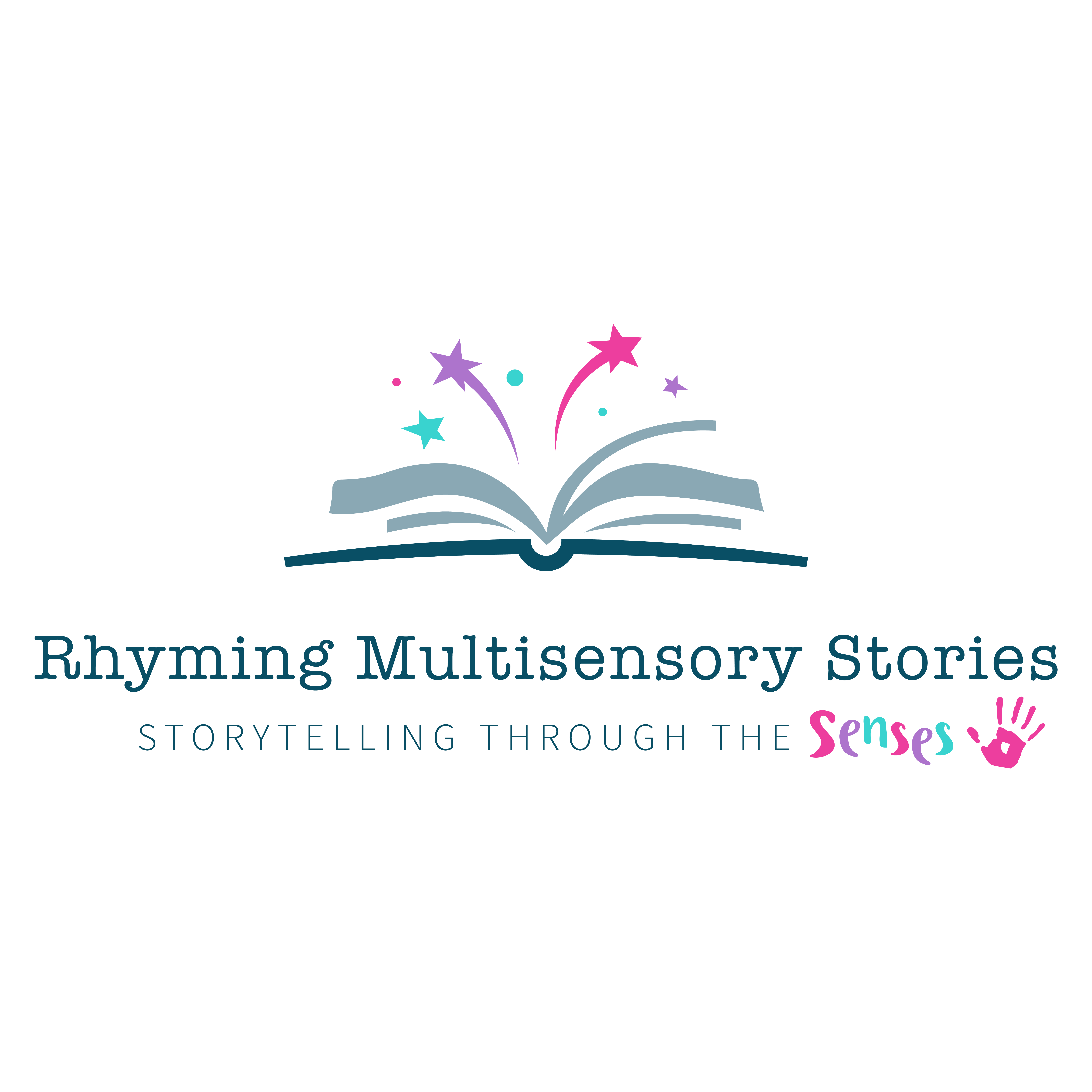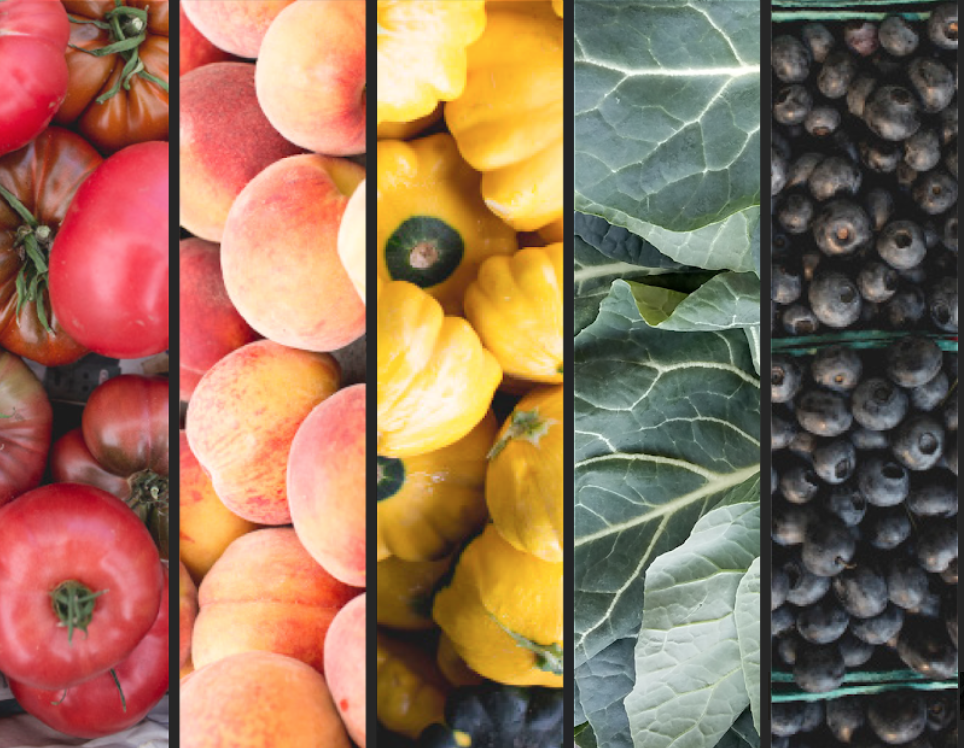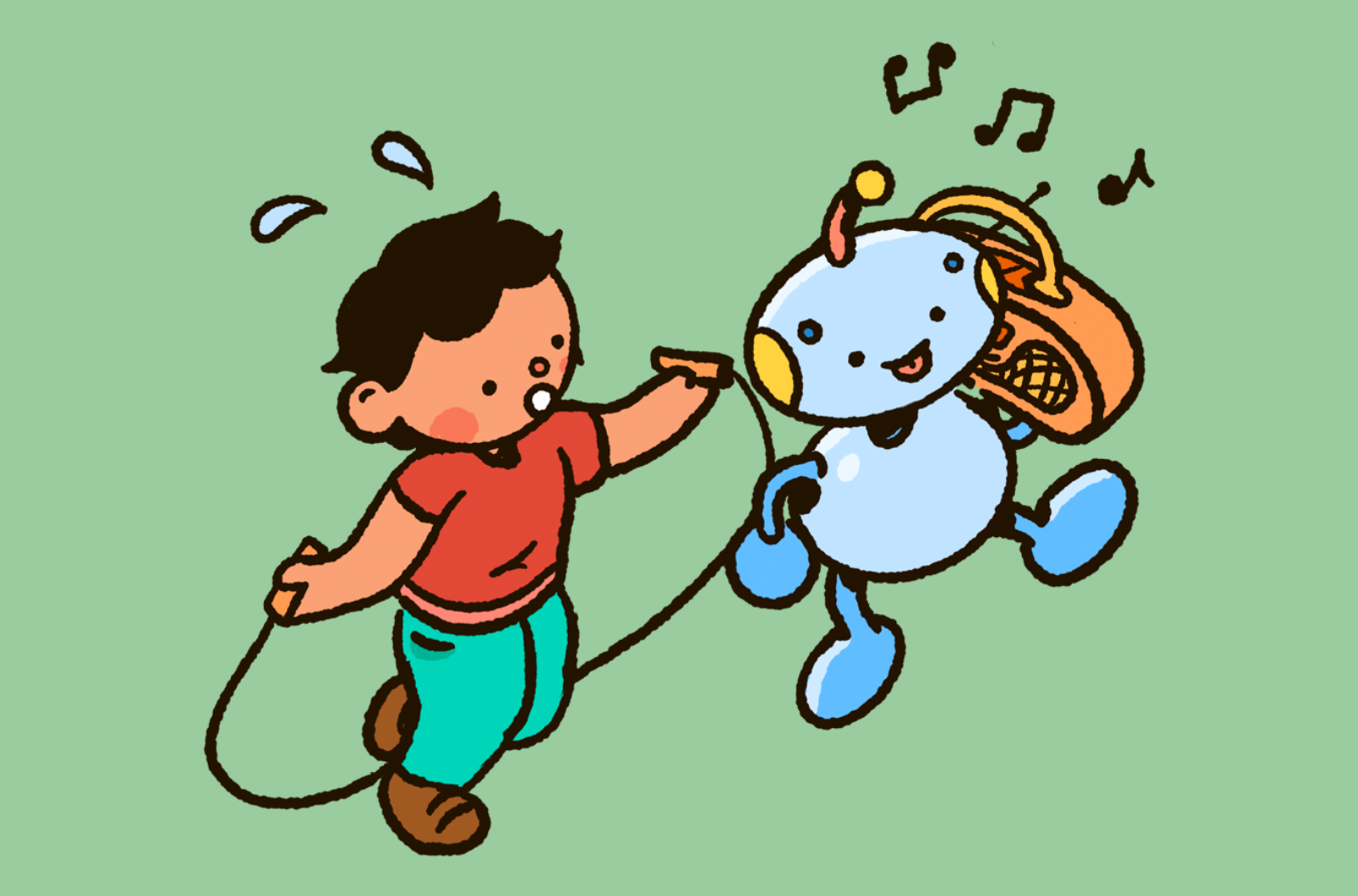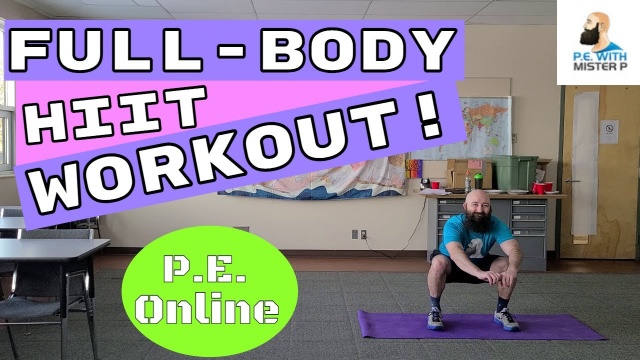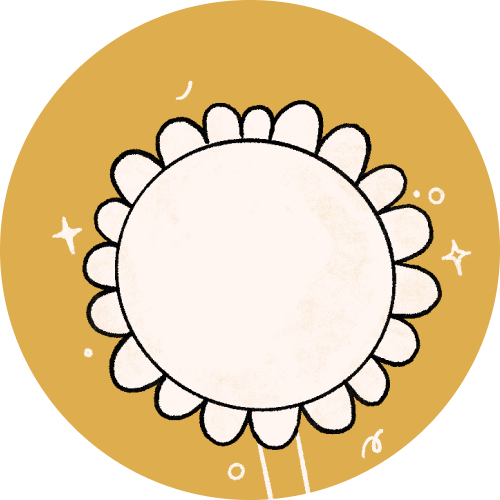About This Lesson
Washing Hands’ is a fully resourced step-by-step multisensory poem suitable for individuals with SEN, PMLD, ASD, SPD, complex needs, Downs Syndrome and other earning disabilities aged 3 to 19.
It is also a suitable resource for Preschoolers, Nursery, Pre-K, EYFS, Grade 1 and infant children in mainstream schools.
This multisensory poem uses story props that are low budget items found around the home or classroom. It is themed around returning to an educational setting during Covid-19 and aims to help individuals overcome barriers and understand the importance of hand washing.
Repeating the story in a safe and comfortable setting, the motivating format of the poem can help even the most reluctant learner to engage in hygienic hand washing practices.
This resource includes:
‘Washing Hands’ a fully resourced step-by-step poem
Visual Support
Hand-washing strategies
Fun hand washing themed extension activities.
A multisensory story is told using sensory stimuli (props).
The story props are low budget, everyday items found around the home, garden, outdoor areas and in the classroom.
This story includes themed, sensory extension activities that link to the EYFS Framework and areas of the KS1 National Curriculum making them the perfect resource for Special Education (aged 3-19) EYFS, Mainstream Primary, Speech & Language and EAL students.
What are the Benefits of Multisensory Storytelling?
1. Storytelling creates a bond between the storyteller and the story explorer enhancing and enriching experiences.
2. Rhyming Multisensory Stories connect the individual to literature, culture and topic in a fun and engaging way.
3. The stories form a base on which to scaffold learning enabling the student to work on personal goals and individual targets.
4. The activities in the stories are designed to promote communication skills: (eye contact, listening, shared attention & language development), self-confidence & well-being (trying out new ideas & skills, practicing self-care & independence and enjoying achievement), self-awareness: (asking for 'help', 'again' and 'more'), present opportunities to explore cause & effect and build anticipation skills, promote physical development: (fine & gross motor skills), build knowledge about the environment & the world around us, to engage in scientific experimentation and mathematical concepts and to develop social & emotional skills: (turn-taking & sharing and teamwork).
5. The sensory stimuli (story props) are a tool for the story explorer to explore and express their likes, dislikes and sensory preferences and to have the opportunity to make choices.
This information can be used to identify motivators or items to calm and individual when anxious, tired or stressed, identify triggers, (some you may wish to avoid, others to work on building tolerance through desensitisation in a safe and therapeutic environment) and used in the writing of care plans to enhance areas daily life.
Category: SET Tags: autism, Autism Spectrum Disorders, covid-19, downs syndrome, hands, hygiene, Infants, myself, pmld, Sensory, taking care of my body, washing




